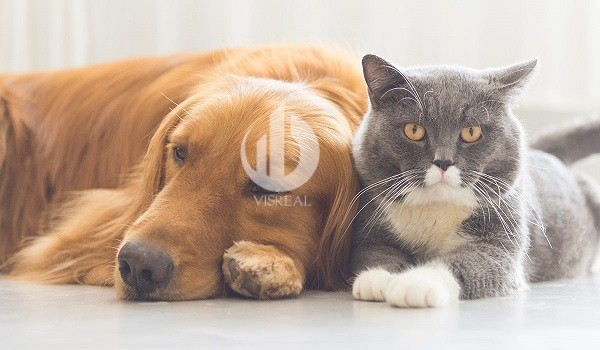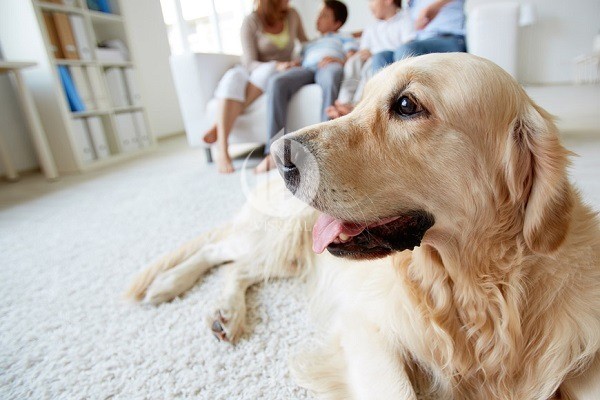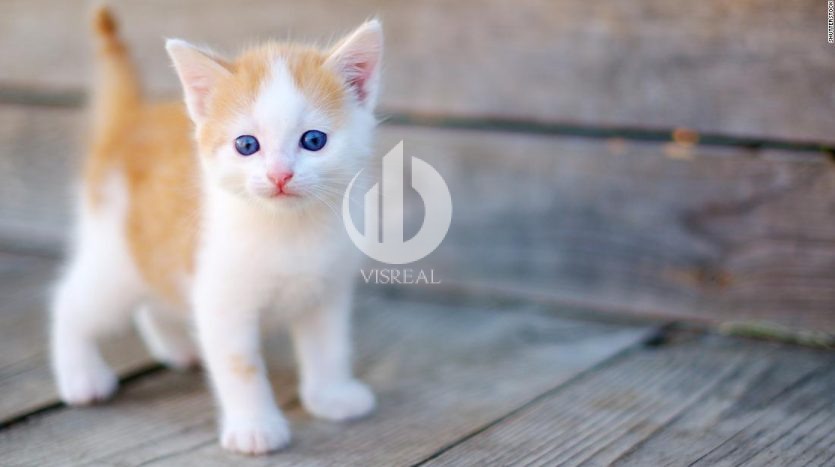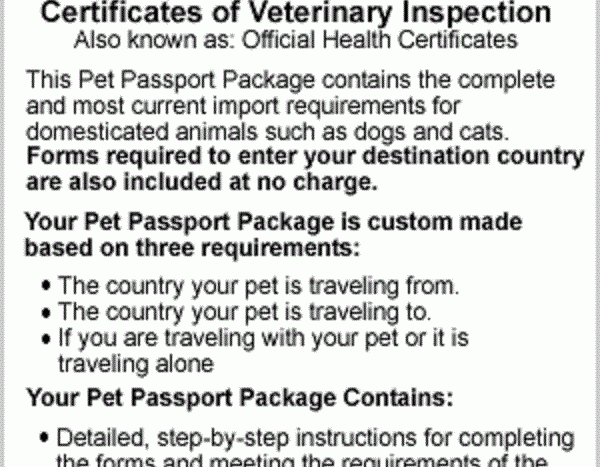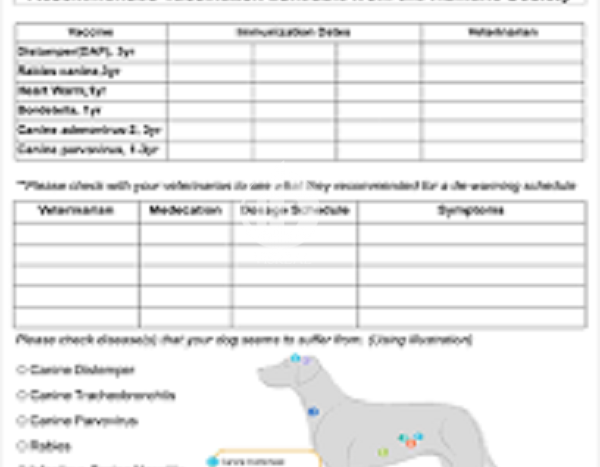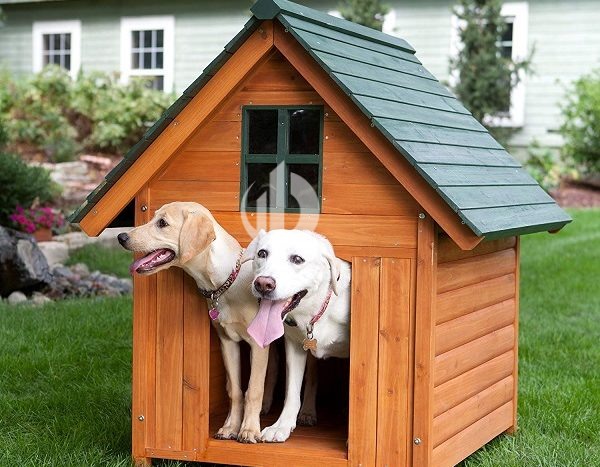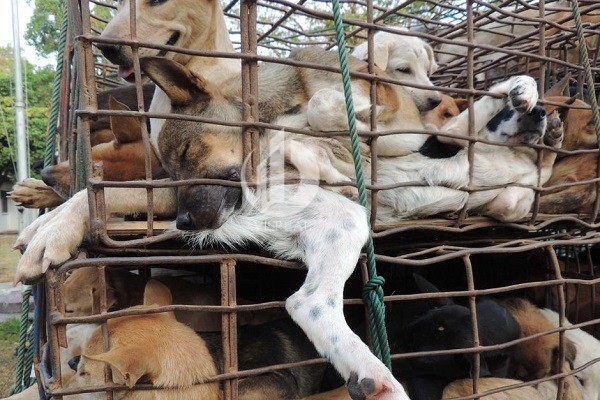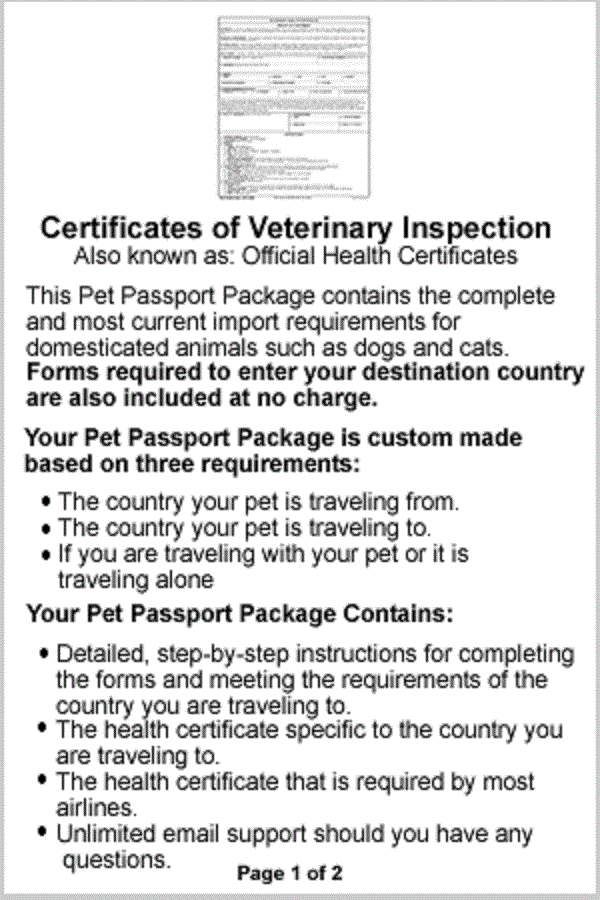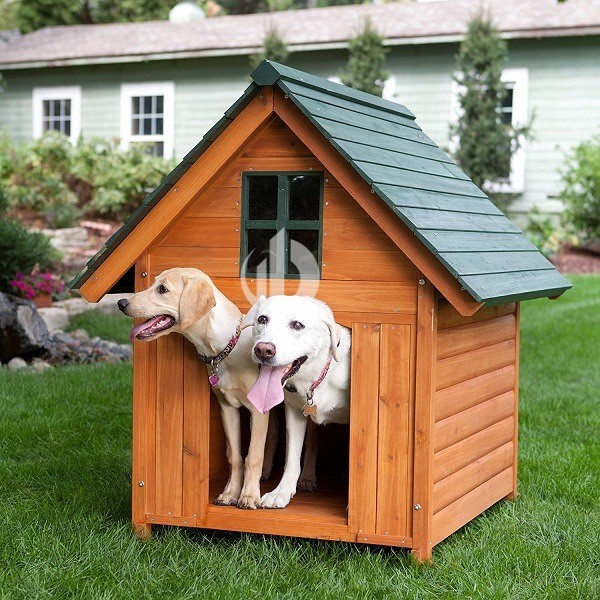Some tips on how to raise a pet in Vietnam for an expat – Useful, Reliable and Easy
Pet is the word that is used to describe animals that have almost friendly behavior with the human, and often be considered part of your family. And we always need to know some tips on how to raise a pet in Vietnam as an expat. Some popular pet such as dog, cat, fish, bird, etc. As well as humans, they all need the love of their owners. Especially with many types of dogs, they also have anxiety, fear when there is no owner next door, they will feel lonely, strange expression and gradually have a mental state like depression. Some of the other species are destructive, causing noise (such as tripping, barking) and disturbing the home when no one is at home. In this article, I will give you not only some tips to raise your pet but also some way to bring your pet to Vietnam as an expat
1. How to bring your pets to Vietnam
This is always the biggest confusion of some foreigners when they decide to travel to not only Vietnam but also some other countries in ASEAN.
First of all, you must make sure your pet has a veterinary certificate and their pets’ inoculation records. Other requirements related to the certificate vary depending on your airlines. For example, if you fly from Australia, a health certificate is required to be signed within 10 days of travel.
Next, this is some brief explanation about three steps that you need to know to ensure you do not violate Vietnam’s Law. Highly recommend that you need to follow strictly with the following step to avoid some unnecessary case.
Step 1:
The pet is obliged to be vaccinated for rabies at least 30 days ahead of travel to Vietnam and no more than a year before travel. You can download the veterinary certificate and have your accredited veterinarian fill in the form to certify that your pet is healthy, free of parasites and there is no sign of diseases transmittable to humans.
Step 2: Attach the “Pet’s Inoculation Record” to the “Veterinary Certificate”.
Pet’s Inoculation Record is a record of all vaccinations injected to the pet, including information about the name, the manufacture and the lot or batch number of the vaccine, not to mention the date of vaccine administration and expiration, if any. Apart from the rabies vaccination which is required, other vaccines are optional. Follows are some vaccines recommended for dogs and cats.
- Dog: Rabies, Distemper, Hepatitis, Leptospirosis, Parvovirus and Para Influenza.
- Cat: Distemper, Viral Rhinotracheitis, Calicivirus, Leukemia, and Rabies.
Step 3:
Upon arrival in Vietnam, you are required to present the mentioned documents (the veterinary certificate and Pet’s Inoculation Record) to the immigration officer after taking your pets at the place that you get your checked in luggage. After checking the documents, they will let you and your pets leave the airport.
Special Note:
- There is no quarantine period upon your arrival in Vietnam.
- Your pet will be put in a crate during the flight. Therefore, it is advised to set a crate up inside your house and put your pets into the crate a few hours a day prior to the flight to make them get used to the crate. Don’t drug your pets as it is not good for their health.
- The procedures to take your pet out of Vietnam are quite similar. You must have your pets vaccinated and contact your airlines and the country of destination to ask for other requirements you need to follow.
Other steps:
- Pets must enter Vietnam via Tan Son Nhat International Airport in Ho Chi Minh City or Noi Bai International Airport in Hanoi. Pets can enter in the cabin, as checked baggage or air cargo.
- You need to give notice to the Quarantine Station no less than 24 hours of your arrival.
- Whenever you travel to a foreign country like Vietnam, it is always advisable to carry some form of identification indicating ownership of your pet.
- All domestic dogs and cats must be free of evidence of disease communicable to humans when examined at the entry airport. If your dog or cat is not in apparent good health, further examination by a licensed veterinarian may be required at your expense.
*Birds, invertebrates, tropical fish, reptiles, amphibia, mammals such as rodents and rabbits are not subject to requirements of rabies vaccination, but may have to meet other requirements and should have a health certificate to enter Vietnam. Pet owners are strongly advised to seek further information from the relevant authority of their country and/or that of the country of destination.
2. How to raise a pet in Vietnam
Is your home suitable for a pet?
One of the most trouble, when you want to raise a pet, is the house for them. In Vietnam, there are very few apartments/houses for rent that are allowed to raise pets. Therefore, make sure that it is spacious enough for a big dog or a very energetic one. Also, if you are a busy person with many works for every week, remember to take your pet for a walk at least once a day.
The safety of your pets
From nearly 20 years ago, Vietnamese’s culture is very a high controversial topic: they thought that eating dog and cat meet seem to be like pork or beef. It is a sad fact but you should aware it when you move to Vietnam. It also means that your dogs or cats can be stolen whenever, and the pet’s thief will send them to dog or cat market or to a regular animal/pet market. Therefore, avoiding some unfortunate situations, you should lock your house/apartment when you are leaving your pets at home.
If you need to install an extra security tool, it is the smart thing to do. Microchipping your pet may also help. In case your pet gets stolen, reach out to the local animal rescue center or expats and local social media community. These are the faster way to bring out the news.
Pet service centers in Vietnam
Almost best quality center for pet care is located in some big cities such as Ho Chi Minh, Hai Phong, Ha Noi Capital, etc. Once your pets arrive in Vietnam, you can check their health regularly by coming those center. You can visit below veterinary clinics in Ho Chi Minh City that are famous with expats:
- ARC (Animal Rescue Centre) | Charity: 31-44 Thao Dien Street, Thao Dien Ward, District 2, HCMC
- Dr. Nghia – Saigon Pet Clinic: 33 Street no. 41, Bình Trung Ðông Ward, District 2, HCMC
- Pet Care Clinic:
- No 124A, Xuan Thuy Street, Thao Dien Ward, District 2, HCMC
- 2-1B Ha Huy Tap Street, Tan Phong Ward, Phu My Hung, District 7, HCMC
- Family: No 72, Huu Nghi Street, Binh Tho Ward, Thu Duc District, Ho Chi Minh City
- New Pet Hospital & Spa: No 53, Dang Dung Street, Tan Dinh Ward, District 1, Ho Chi Minh City
Overall, traveling with a dog or cat within Vietnam can become overwhelming. Relocating to or moving away from Vietnam with pets will present complications that need to be considered and planned for well in advance.

